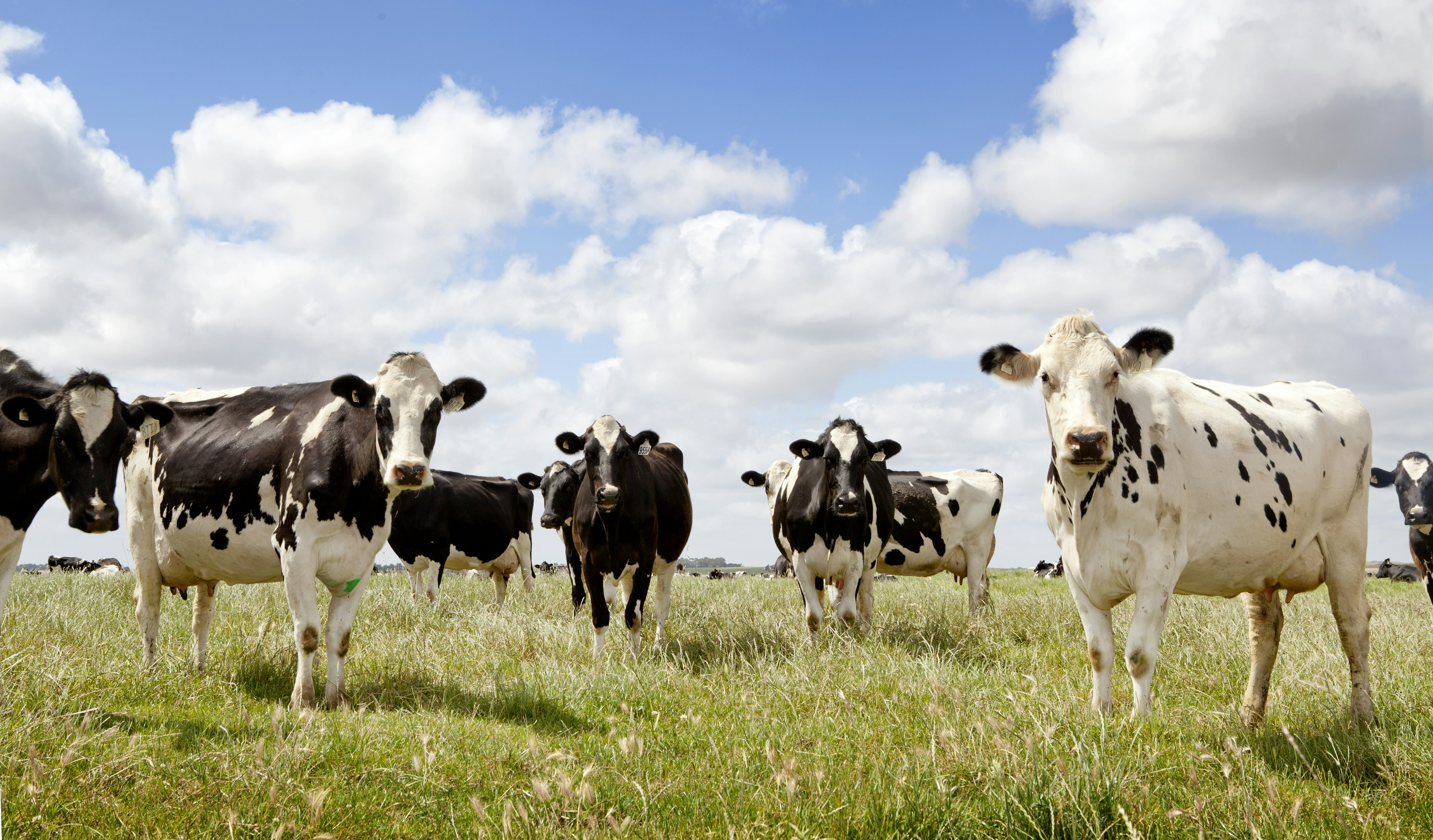If you ask dairy farmers, many would say the word "milk" was hijacked by evil marketing geniuses and its healthy, wholesome reputation is being used to fool consumers into buying numerous plant-based products.
Dairy industry representatives say there's no teats on an almond or a soybean, and claims that milk can be rendered from these legumes are fraudulent.
However, from a marketing perspective, “almond juice” is much less palatable than “almond milk,” and the dairy industry's objections may be more crying over spilled milk than an attack on the sensibility of consumers.
It’s Marketing
"While I have sympathy for those in the dairy industry who contend that almond milk is not dairy milk, the term ‘almond milk’ dates back to medieval times," writes Mark Peterson, professor of marketing and sustainable business practices at the University of Wyoming, in an email to Cowboy State Daily.
"Reasonable consumers know that almond milk has different ingredients than dairy milk. I did not hear of objections from the dairy industry when almond milk sales were tiny."
The Farm Lobby Perspective
The American Farm Bureau Federation recently called on the Food and Drug Administration to enforce food labeling standards for dairy substitutes. AFBF said it’s misleading to label plant- and nut-based beverages as milk.
"AFBF supports a consumer’s right to access dairy-free products, but one in four Americans, 83 million people, are confused or have been misled about whether dairy alternatives contain milk, according to a survey used by FDA," wrote AFBF Vice President of Public Policy Sam Kieffer. "Non-dairy beverages are sold in the milk case alongside traditional milk, very often with labeling that implies they are dairy products. Nut- and plant-based beverages do not include several important nutrients that are found in cow’s milk, however."
A Farm Bureau letter to the FDA states that most consumers buy plant-based milk alternatives believing they are healthier than milk.
"These conclusions demonstrate the dangers of utilizing the term milk on non-milk products," the letter states.
Wyoming Farm Bureau Director spokesman Brett Moline said it’s simple: Milk comes from animals, not nuts.
"Milk is viewed as a wholesome, nutritious product, so to call it (alternative milk products) milk helps the acceptance of it," he said.
Fake meat products also concern the agriculture industry. Moline said it's incumbent on the industry to share the importance of valid labeling and to hold private marketing and federal regulators accountable.
"Some people can't digest cow milk so if they want to use it, it's fine," Moline said. "But marketing terms shouldn't be used to confuse or mislead consumers."
How Courts View The Matter
This debate over terms used to describe dairy and meat alternatives is intensifying. Courts in the European Union ruled in 2017 that plant-based dairy products may not be marketed as milk, cream, butter, cheese or yogurt.
In Europe, those products are marketed as "vegetable drinks" or plant-based alternatives.
In U.S. courts, arguments asserting that marketing plant-based beverages as milk creates consumer confusion haven't held up.
A 2019 decision by the 9th Circuit Court of Appeals upheld a lower court decision that consumers understand the difference between products labeled as soy or almond milk and milk that comes from cows.
Many terms used in food marketing are internationally protected trademarks, like Idaho potatoes, Washington apples, Napa Valley wines and Vidalia onions. Selling products that carry a false geographical label has resulted in numerous court rulings.
But plain white milk doesn't carry the same clout.
Acceptance By Association
Elizabeth Minton, an associate professor at the University of Wyoming, said it's common for companies to associate new products with existing ones because it helps consumers make a link and increases the likelihood of acceptance.
"An almond milk could either associate itself with a different formulation of almond or a different type of milk," Minton told Cowboy State Daily in an email. "When thinking about eating almonds, most people are not going to think that they would like the almond juiced as common reasons people eat almonds are things like a calorie-dense snack to curb cravings, easy trail food, crunchy food, etc. And an almond milk doesn't quite fit that."
In contrast, she said when consumers are thinking of milk, almond milk might better align with the reasons someone is drinking milk in the first place.
She said dairy producers may have seen declining sales as a result of alternative milks taking market share raising the question, what is milk?
Has the word “milk” become genericized similar to Kleenex or Zip-Lock?
"At this point, would removing the word ‘milk’ from an almond milk really take away market share or has the name been used long enough that consumers would not be phased by removal of the name and replacing with something else?" Minton said.
John Thompson can be reached at John@CowboyStateDaily.com





